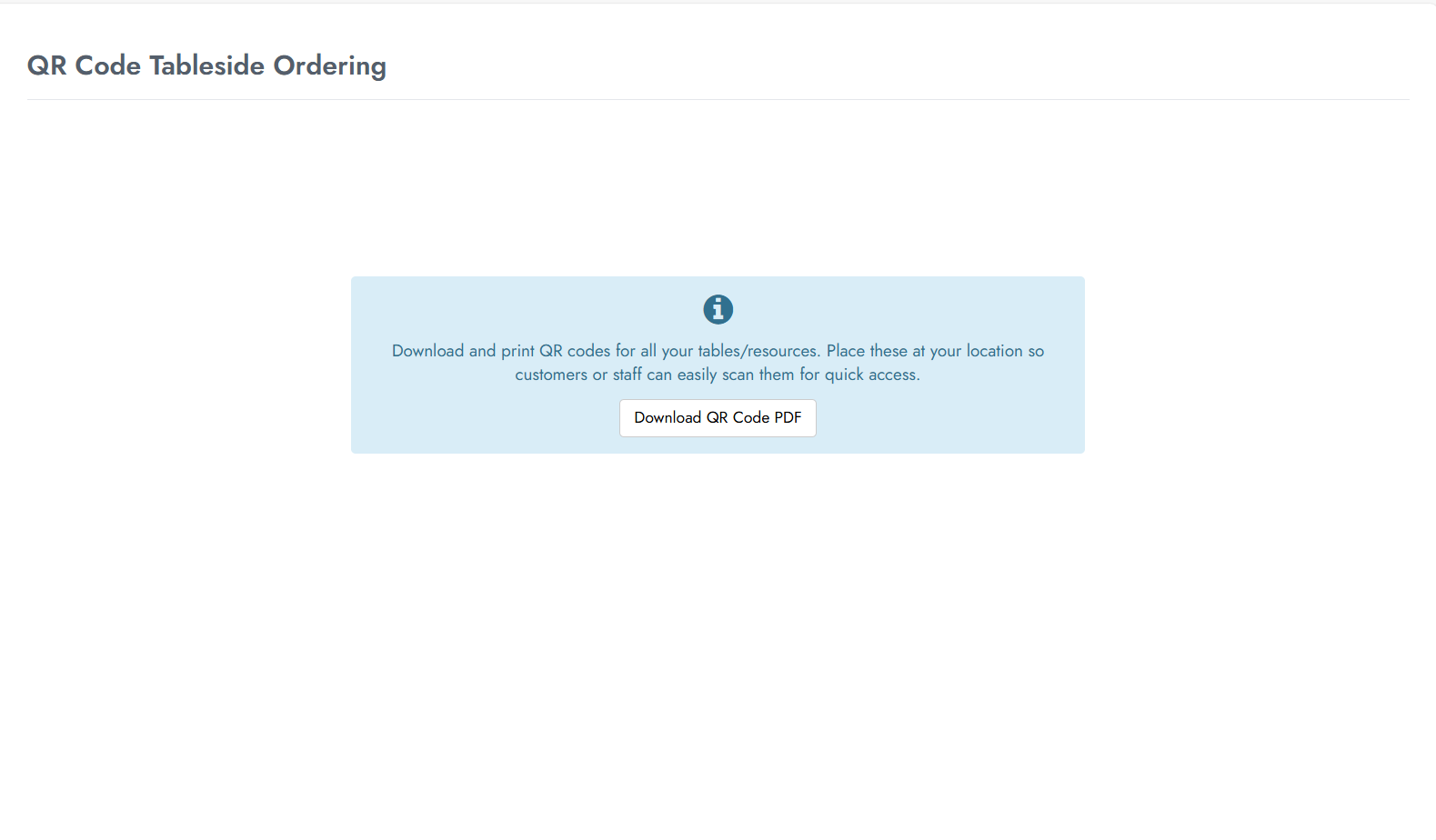Establishing a Limited Liability Partnership (LLP) in India provides entrepreneurs and small business owners with a structure that combines the flexibility of a traditional partnership with the benefit of limited liability. By registering a limited liability partnership, professionals can conduct business while minimizing personal financial exposure. This model is ideal for startups and SMEs seeking operational freedom and compliance simplicity under Indian business laws.
With a formal limited liability partnership registration, businesses gain a separate legal identity, enabling them to enter into contracts and own property in their name. Moreover, personal assets of partners remain protected from business liabilities, making LLPs a reliable choice for those setting up LLP in India.
Exploring the Concept and Legal Structure of LLP Registration in India
A Limited Liability Partnership is governed by the LLP Act, 2008, and combines the advantages of both partnerships and private limited companies. Each partner’s liability is restricted to their capital contribution, ensuring security from business debts. This structure offers LLP incorporation flexibility and legal assurance, making it suitable for entrepreneurs, consultants, and professionals.
For individuals looking to register LLP in India, the process ensures compliance with all legal and financial frameworks. LLPs are particularly effective for firms where shared management and limited liability are key operational priorities.
Advantages of LLPs for Small Businesses in India
- Limited Liability Protection: Partner liabilities are restricted to their investment amount.
- Operational Flexibility: LLPs are not bound by rigid corporate procedures.
- Tax Efficiency: No dividend distribution tax, ensuring better profitability.
- Separate Legal Identity: An LLP can own assets, enter contracts, and sue in its own name.
- No Minimum Capital Requirement: Suitable for LLP small business registration in India, even with modest investments.
LLP Registration Journey: From Concept to Incorporation
Step 1: Obtain Digital Signature Certificates (DSC)
Each designated partner must acquire a valid DSC to sign online documents during LLP registration online India.
Step 2: Apply for Designated Partner Identification Number (DPIN)
Every designated partner requires a DPIN, which is obtained using Form DIR-3 via the MCA portal.
Step 3: Name Reservation
Submit your preferred LLP name through the MCA system to ensure uniqueness before proceeding to register an LLP online.
Step 4: Filing Incorporation Documents
File incorporation forms like FiLLiP with supporting documents and the LLP agreement.
Step 5: Certificate of Incorporation
Once approved, the Registrar of Companies (RoC) issues the official Certificate of Incorporation, confirming successful LLP incorporation.
Essential Documents for LLP Company Registration in India
- PAN and Aadhaar Cards of all partners
- Proof of Identity and Address
- Registered Office Address Proof
- Digital Signature Certificates (DSC)
- Designated Partner Identification Number (DPIN)
- LLP Agreement
These documents are mandatory to register a LLP company in India under the guidelines of the Ministry of Corporate Affairs.
Cost, Timeframe, and Government Charges for LLP Formation in India
The cost of registering a LLP in India depends on factors like capital contribution and professional fees. Typical LLP registration fees range from ₹500 to ₹5,000, based on the capital limit. Other LLP registration charges include Digital Signature Certificates (₹800–₹1,500 per partner), name reservation (₹200), and professional service fees (₹3,000–₹8,000).
The registration process typically takes between 7–15 working days. Businesses can register LLP company in India or register LLP online India through the MCA portal for a streamlined experience.
Compliance and Governance After LLP Registration
Once you register LLP, compliance ensures continued legal standing:
- Annual Return Filing: File returns and statements of accounts with the RoC.
- Bookkeeping: Maintain proper accounting records.
- Tax Compliance: Annual income tax filing is mandatory.
- GST Registration: Required for businesses exceeding turnover thresholds.
Proper compliance after you register an LLP guarantees smooth operations and protects against penalties.
MHCO’s Expertise in Legal Drafting and ROC Filings
MHCO, a leading law firm in India, specializes in limited liability partnership register services, from drafting agreements to handling LLP registration online filings. Their corporate team ensures accuracy, efficiency, and full compliance throughout the registration lifecycle. Whether you want to register an LLP company in India or are setting up LLP in India for expansion, MHCO provides end-to-end legal guidance with precision and professionalism.





















.jpg)

.jpg)




























